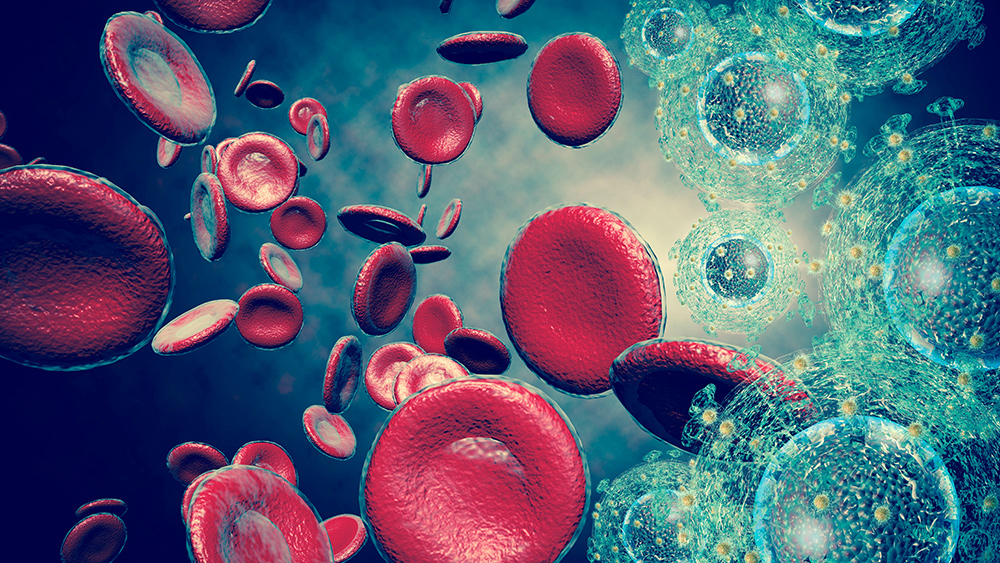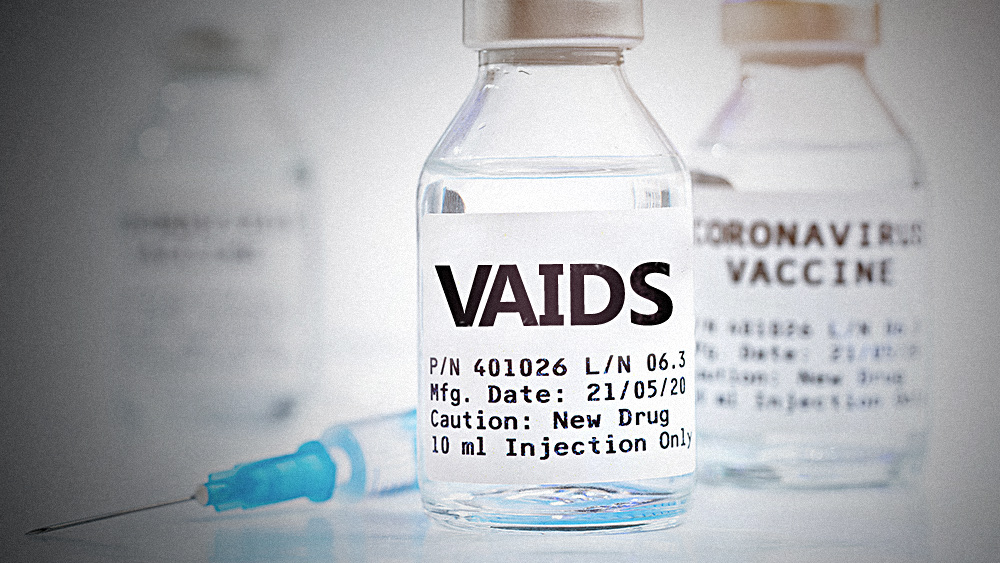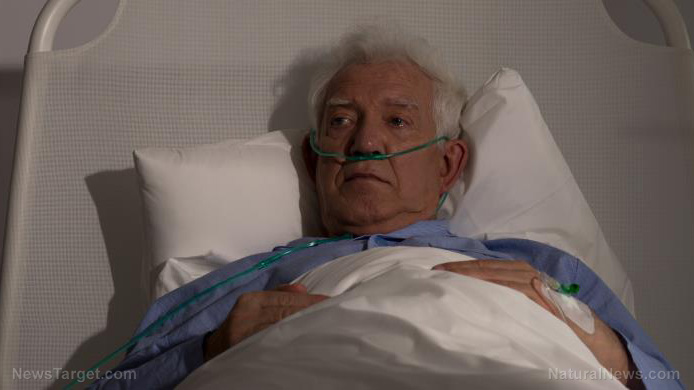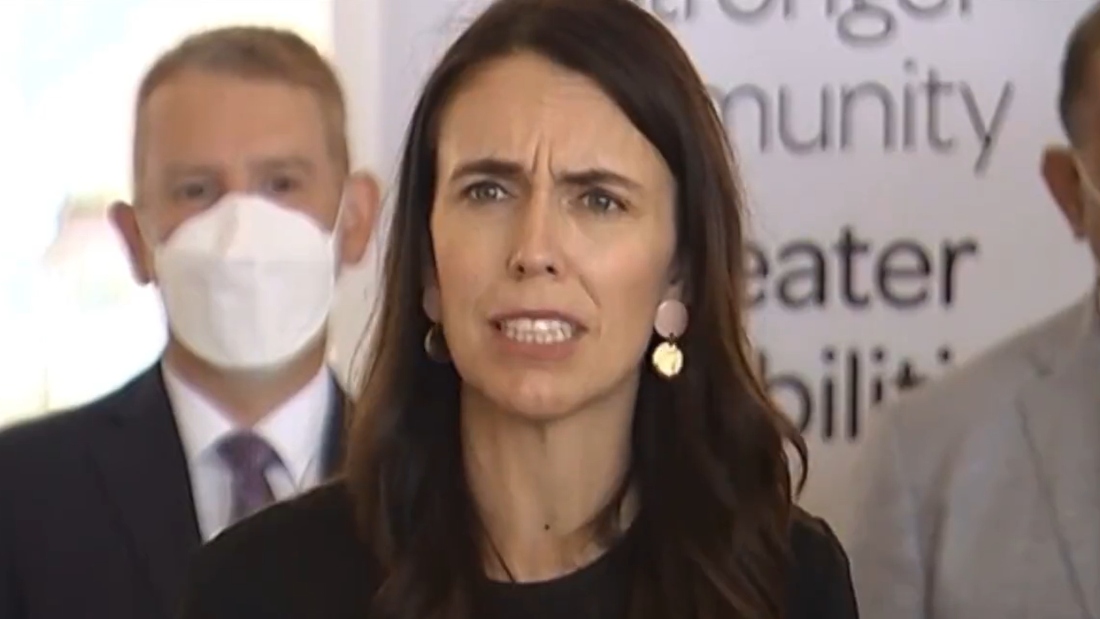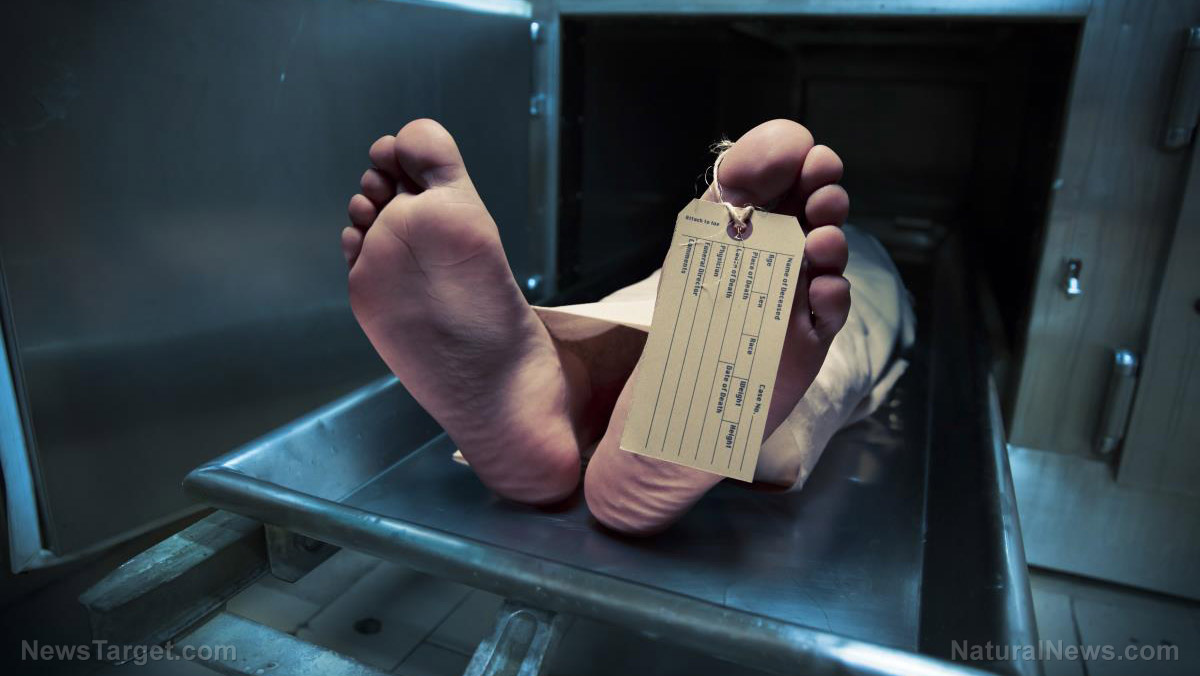Clinical data on covid bivalent booster jabs is MISSING: collusion between FDA, CDC and Moderna to blame
01/20/2023 / By Ethan Huff

At two separate regulatory meetings last year, Moderna and both the U.S. Food and Drug Administration (FDA) and the U.S. Centers for Disease Control and Prevention (CDC) failed to produce clinical data backing the so-called bivalent “booster” shots for covid.
The first meeting took place in June and the second in September, both being void of any credible evidence showing that Moderna’s vaccines do anything to fight the latest “variants” of the disease, which the government claims are still spreading.
FDA and CDC advisors expressed concerns at the time about Moderna and their respective agencies’ lack of transparency surrounding the jabs, which were found to provide zero benefits, despite receiving government authorization for use.
“I think in the interests of transparency, those data should have been presented,” said Dr. William Schaffner, a nonvoting member of the CDC’s advisory committee, “though they were very limited and early data.”
Dr. Mark Sawyer, an FDA advisor and professor of clinical pediatrics, took a different approach, defending the lack of presented data as normal and acceptable due to limited committee evaluation time.
“Seeing that data would not have changed my opinion about the outcome,” Sawyer said, “and it would certainly have distracted from the discussion.” (Related: The federal government is allowing Moderna to investigate itself for covid jab heart risks.)
Moderna’s bivalent booster triggers an immune response, but is it actually effective at preventing infection? The data is inconclusive
At least four other advisors echoed Sawyer’s sentiments, stating that even if the data were presented, prolonging the discussion, everyone would have still voted the same way in favor of the booster shots.
“Both the FDA’s Vaccines and Related Biological Products Advisory Committee (VRBPAC) meeting and the CDC’s Advisory Committee on Immunization Practices (ACIP) meeting approved Moderna bivalent boosters,” reports explain.
The excluded data came from a Moderna-piloted study involving 772 participants. It compared bivalent boosters containing mRNA (messenger RNA) components from the original “virus” to BA.1 Omicron, a later “strain” that is said to have emerged.
The study explicitly did not look at vaccine efficacy, but rather at immunogenicity, meaning the ability of the shots to trigger an immune response. Since the shots do cause the immune system to do something, they were approved by the FDA and CDC with ease.
Three days before the FDA VRBPAC meeting on June 28, 2022, Moderna published said study as a preprint. A few months later in September, the study was officially published in the New England Journal of Medicine (NEJM).
“Both the preprint and peer-reviewed study included data on immunogenicity, safety, reactogenicity, as well as infection,” we are told.
At the VRBPAC meeting, Moderna president Stephen Hoge referenced the study’s immunogenicity data, stating that people who took the shot showed higher antibody levels than people who did not take the shot. This, he claimed at the time, was enough evidence to support the “superiority” of Moderna’s boosters.
Hoge also talked about safety and reactogenicity, but conveniently left out all data on infection rates. We can only assume that the reason for this is that the data is inconclusive at best – and at worst damning in that it more than likely shows that the shot are ineffective at preventing infection.
In its defense, the FDA later stated to the media that the reason it, too, ignored infection data is because Moderna provided it “less than one day” before the meeting, leaving no time for anyone to review it.
“They’ve got to keep pushing the jabs so the money train can continue,” wrote a commenter about what is really driving all these endless boosters. “No honesty here.”
The latest news about covid injections can be found at ChemicalViolence.com.
Sources for this article include:
Submit a correction >>
Tagged Under:
Big Pharma, bivalent, booster, CDC, Collusion, corruption, COVID, Data, FDA, Moderna, pharmaceutical fraud, vaccine, vaccine wars, vaccines
This article may contain statements that reflect the opinion of the author
RECENT NEWS & ARTICLES
COPYRIGHT © 2017 BIG PHARMA NEWS







